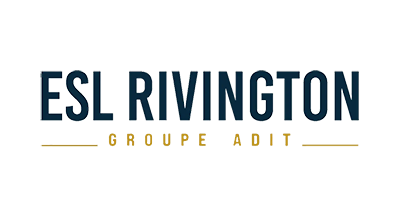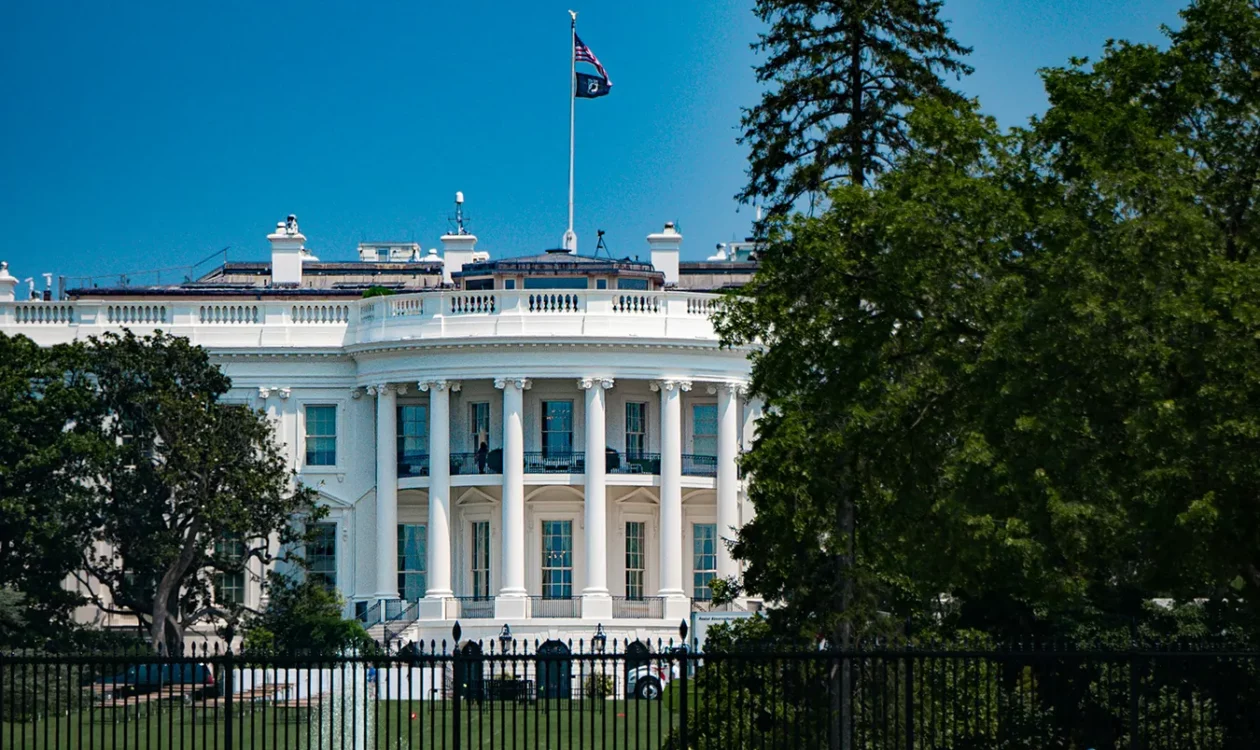History matters. So does ignoring it. These truisms play a major role in the mess that US foreign policy is in now.
Americans’ playing down of history and related critical analysis began late in the Cold War. Indeed, by then, basic strategic thinking that was needed to manage the balance of terror with the Soviet Union had long since been done.
Afterwards, there was an outpouring of self-congratulation that was history-free. Thus: “the End of History;” “the sole superpower;” and “what we say, goes.” Most people in the US foreign policy and political fields thought that we were no longer compelled, as we had been when locked in superpower confrontation, to think rigorously about how the world was put together and what we should be doing abroad. The world was our apple, and supposedly we more-or-less had free play.
Some of us who considered the impact of the Cold War’s end and disintegration of the Soviet empire saw it the other way around: there was no long a Soviet threat that had led allies to shelter under the American wing and no overarching foreign policy framework to guide U.S. leaders. Indeed, some of us thus understood that more rather than less thinking was needed about changes in the world, the impact on US interests, and what would be demanded of us to fulfill those interests.
Notably, in one critical area President George H. W. Bush recognized that need – and got history right — when he called for building a “Europe whole and free” and at peace (May 1989). More than anything else, that meant not gloating over the impending Cold War victory or stigmatizing Russia, as had been done to Germany in the Treaty of Versailles, which promoted Hitler’s revanchist rise to power. Rather, Bush and other historically-minded Americans of both political parties understood that collapse of the old order required the United States to understand the world anew, plus ensuing demands on US power, purposes, and values, including trying to include Russia in and not reflexively excluding it out.
Yet within a few years after the Cold War ended, the US was beginning to run out of (or was sidelining) its stock of well-trained, strategically-adept analysts and practitioners. Most of those who acceded to positions of power, as well as berths in leading US think tanks, did not try (or were untrained) to derive lessons from history and apply them to new circumstances. Thus when the United States invaded Iraq in 2003 and got bogged down in Afghanistan, few observers drew lessons from failed experiments in society-reforming as far back as America’s becoming a colonial power in the Philippines (1898) and the decades-long bipartisan debacle in Vietnam.
The last US president who seriously understood foreign policy was Bush 41; and none since the early Clinton years has staffed the highest levels of government with people with the background, knowledge, and skills that are de minimis. That includes knowledge of the histories and cultures of all countries the US deals with, friends and foes alike: essential skills that are no longer highly-valued at senior levels at the State Department and White House.
Henry Kissinger and Zbigniew Brzezinski made their share of mistakes (Kissinger with major moral consequences in Vietnam and Cambodia) but, along with Brendt Scowcroft, they knew “how to run a railroad” as National Security Advisors (and Kissinger also as Secretary of State.) All three had small staffs of about forty professionals (rather than the four hundred-plus since then), who were thus able to integrate ideas and policy choices across regions and functions: indeed, to “think presidentially.” All three also hired first-rate people from other parts of the government (military and civilian), plus academia. But the last of these (Scowcroft) left government in 1993 – fully 32 years ago!
Further, during the Cold War, seeking consensus in foreign and security policy was important to mobilize political support and create continuity across changes in administrations. But even then there were divisions (as on Vietnam and détente regarding the Soviet Union). Yet after the Cold War, the same drive to seek consensus continued on autopilot, without the need for it in a world without any vital threat to the homeland. Foreign policy professionals – plus a host of wannabees –continued to compete for prominence, in both government and academia. Emphasis centered more on career-enhancement– “going along to get along” — than on basic enquiries about what needed to be done to advance US interests and values abroad.
Matters were made worse by the extensive suppression of open debate in some key areas. An unacknowledged censoring of out-of-step opinions has developed, which then is reflected in government appointments. It has been abetted by much of the mainstream media, reflecting the political and business environments within which they operate. And the same limitation of debate has happened in many of the most prestigious US think tanks. Indeed, in recent years, the most useful public debates have generally taken place in lower-circulation publications and webcasts or – frequently the best quality – in small outlets forced to act like the old Soviet Union’s samizdat: tolerated but almost guaranteed to be without serious influence.
Three areas are most notable. First is the Middle East, where public discussion has long been heavily-dominated and limited by US domestic politics (to a degree greater even than was true during Vietnam); and contending histories are used as weapons. Current US failures regarding Gaza, Iran, and the West Bank derive in major measure from many years of limits on public debate.
The second area where opinions are unwelcome that don’t fit the prevailing consensus has been the relationship with Russia. Maybe a new cold war was bound to happen, though that did not seem likely during the George H. W. Bush and Clinton administrations. It was only later that perspectives and policies became dominated by US neo-cons, who failed to understand that Russia at some point will again be a great power and will need to be dealt with. Perhaps Vladimir Putin’s rise to power meant that confrontation with the West was inevitable; but efforts under Bush 41 and Clinton to seek a better course were killed off, especially by a-historical people in government, as well as by much of academia and the media.
The third area is China. Indeed, discussion of future relations with that potential superpower tend to be summarized in that one word: “China,” without the expertise that permits nuance in judging where and when confrontation is an appropriate response, but also where cooperation can be possible and even in mutual interest. That hard lesson in analytical and policy differentiation took decades to learn in US and Western relations with the Soviet Union.
Unlike Europe and even the Middle East, there is only a relatively small coterie of Americans who have much knowledge or direct experience of China and its history and cultures. And there are different camps of American analysts, each with its own proclivities. These lacunae cast a mist over clear-sighted consideration of US strategy, and too-many observers thus default to “cold war.”
US foreign policy today is also subject to some common human qualities. Thus many professionals and commentators in the field tend to think in one-dimensional terms; they find it psychologically and politically difficult to tolerate ambiguities and prefer certainty and simplicity, however much at times that is at variance with US interests.
So what is to be done? In the medium- to long-term, US higher education needs to rediscover the study of history, our own and others’ (while American civics education needs again to be valued.) And academia, including professional foreign policy schools, needs to value clear analysis and strategic thinking over consensus-building and career-enhancement that so often produce “least-common denominator” results. As Barack Obama said at West Point (2014) “Just because we have the best [military] hammer does not mean that every problem is a nail.”
In the shorter term, responsibility lies with the US president, beginning with Donald Trump. He needs continually to assess the abilities and performance of his key officials and make useful changes. If we are lucky, failures and damage to US interests abroad – as well as distraction from his domestic agenda – will lead him to act before his legacy becomes that of lessened American influence in the world and diminishing protection of our most critical interests. Change has to be mandated from the top. In any event, history will be the judge.






